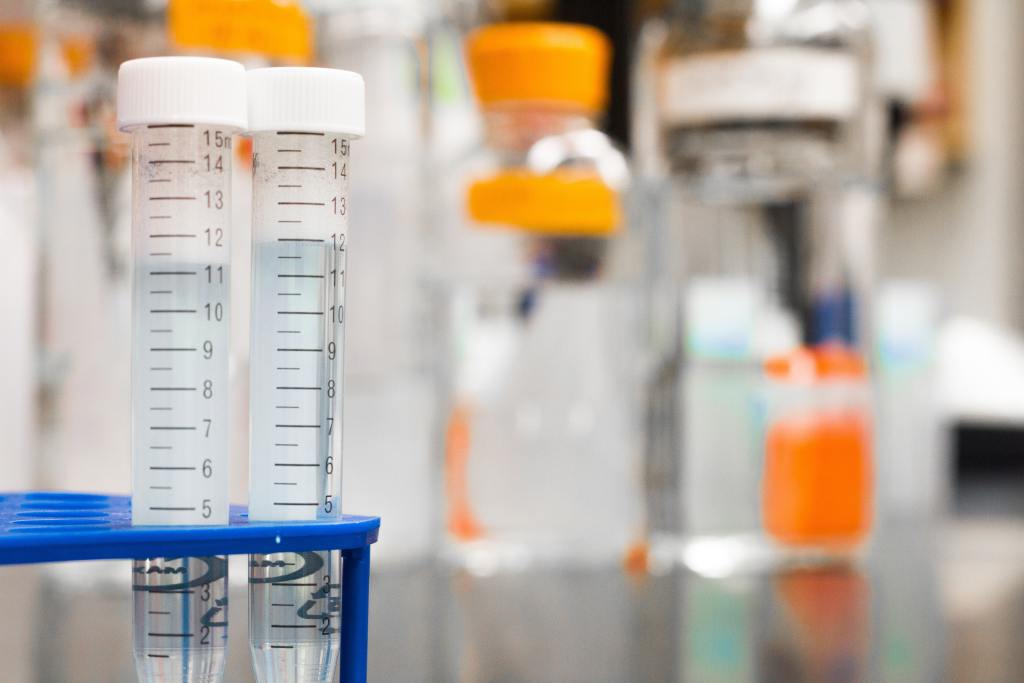As NPR recently reported, scientists may be on the verge of succeeding at a procedure called In Vitro Gametogenesis (often shorthanded as IVG). IVG allows for the fertilization of eggs and sperm in a laboratory. These fertilized embryos could in theory carry any genes. Enthusiasm at the prospect of IVG for humans followed the procedure’s recent success in mice performed by Japanese scientists. In that experiment, cells taken from a mouse’s tail were induced to become pluripotent stem cells, which have the ability to become any kind of cell in the body. They were turned into sperm and egg cells that fertilized an embryo which was then implanted into the womb of the same mouse, who eventually delivered mouse pups. Scientists looking to broaden the reach of this procedure have gotten as far as making “primitive” human egg and sperm cells this way but have not been able to create embryos.
Scientists and observers are understandably excited about the possibilities this procedure poses. It might help couples struggling with fertility. It might also eliminate the so-called “biological clock.” And perhaps most expansively, IVG might allow queer couples to have children with genes from both parents. In all of these cases, individuals and couples would not have to consider adoption or the use of surrogates. As Katherine Kraschel of Yale Law notes, regarding the possible benefits of IVG for gay couples in particular: “we, too, could point to our children and say: he has your eyes and my nose, in a way that I think many queer people covet.”
Like nearly any story that covers IVG, the NPR account includes the potential costs and perverse outcomes alongside the promise of the procedure. Among them: should people above a certain age be barred from using the procedure (out of concern, one presumes, for the welfare of a child whose parents may die when she/he/they are young)? Is there a way to prevent people from “stealing” the DNA of celebrities (through, say, a strand of hair left in public) and using it in the creation of a child? Perhaps most overarching is the questionable ethics of what NPR calls “custom designed people.” It must come as no surprise to readers of this site that IVG conjures some of the most central questions of medical ethics—many of which we teach in our courses.
Those are all legitimate questions and I hope that as health humanists we can use our classrooms as laboratories for addressing these questions. But I want to emphasize a set of questions a bit narrower than the broadest articulations that center most basically on the eugenical problematic. I hope that we might inquire specifically after the role queer people play in these debates. On the one hand any scientific breakthrough that provides queer people with a right, privilege, or power that has been denied to them invites praise. On the other, is it possible—even, perhaps necessary—to view the affordances of IVG as interpellations of queer subjects into the projects of carbon privilege, planetary extraction, and imperial strategy?
Of course, queer- and trans-negative articulations of anti-natalism—that is, positions that would call for queer and trans subjects to stand outside and against the culture of birth and reproduction altogether—have long (and rightly) organized much queer theoretical imagining. But the goal of nimbly addressing the queer politics of IVG might be better served by setting the anti-natalist closure aside to ask, instead: if queer and trans people want to raise children, how might they most equitably go about it? From that more pragmatic vantage, it seems hard to embrace the politics of ownership (“your eyes and my nose”), the abandonment of children already in the adoption pipeline, or, most vexingly, the ecological consequence of producing more humans. This last question is most vexing because it implicates sticky questions of race, class, geography, and information access. Calls for zero or negative population growth can, of course, verge easily into an ecofascism that envisions and cryptically celebrates die-offs among groups residing outside parts of the globe that have already instigated some form of climatological activism. But that does not mean that an intersectional queer politics—one that takes full account of the neo-imperial projects occulted in certain planetary rhetorics—is unable to still strategically prioritize, at least in the parts of the globe where IVG will realistically be on offer (that is, the post-industrial world), a rejection to empire’s superegoic call for More Life.
Sources:
Lopez, Martin. “Two Test Tubes.” Photograph. Pexels. 21 March 2018.
Stein, Rob. “Creating a sperm or egg from any cell? Reproduction revolution on the horizon.” NPR. 27 May 2023. https://www.npr.org/sections/health-shots/2023/05/27/1177191913/sperm-or-egg-in-lab-breakthrough-in-reproduction-designer-babies-ivg
“Ukraine’s Delayed Offensive, IVG Reproduction, Preparing for Debt Default.” NPR. 25 May2023. https://www.npr.org/2023/05/25/1178100362/ukraines-delayed-offensive-ivg-reproduction-preparing-for-debt-default

